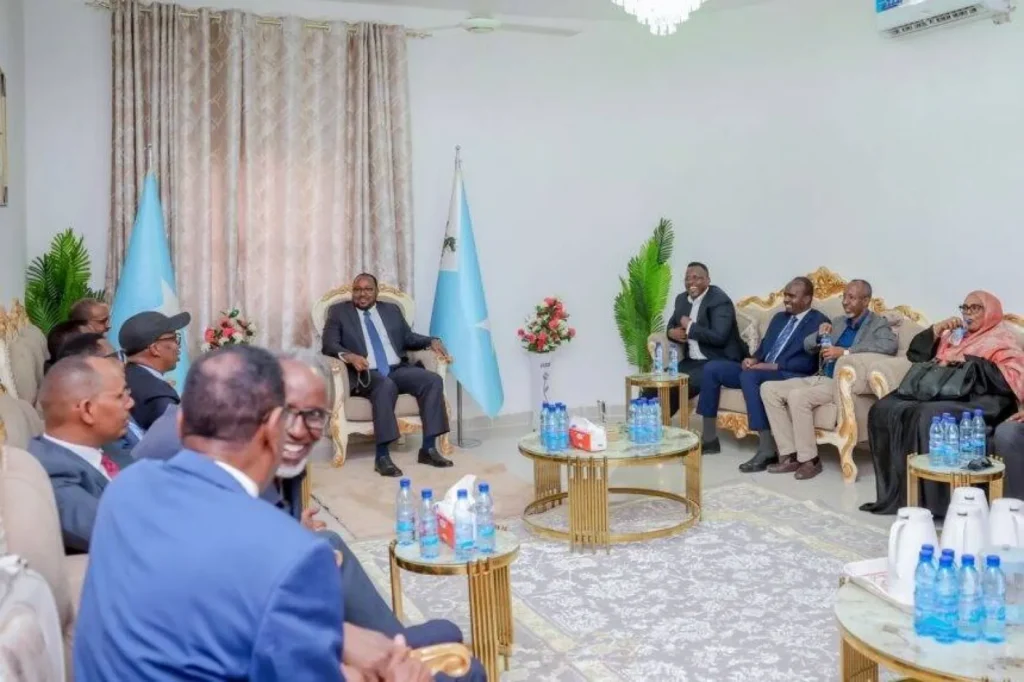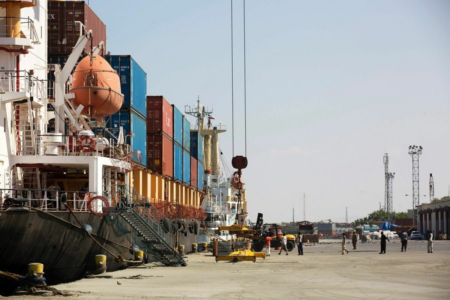A new political rift is brewing in Somalia due to the official federal government’s decision regarding the recognition of Khatumo as a federal member state sparks tensions with Puntland.
The recognition of Khatumo described by Puntland as a “dangerous breach of red lines,” has reignited longstanding disputes over territorial legitimacy, administrative authority, and the future of federalism in the country.
The Recognition of Khatumo Sparks Outrage in Puntland
Puntland has strongly rejected the federal government’s decision to integrate Khatumo into the country’s federal structure.
In a sharply worded statement, Puntland’s Ministry of Interior called the decision “lacking constitutional and legal basis” and warned it could destabilize the region.
The state accused Mogadishu of undermining federal consultation norms and political balance.
Security Risks and Political Calculations
Puntland’s statement warned that attempts to impose a new administration in its historical territories could embolden extremist groups like Al-Shabaab and ISIS.
It emphasized that the regions claimed by Khatumo—parts of Sool and Sanaag—have been part of Puntland since its founding in 1998, and are primarily inhabited by the Dhulbahante clan, a founding community of Puntland.
Despite the escalation, Puntland expressed willingness to engage in conditional dialogue.
It proposed a consultative conference involving Dhulbahante elders and intellectuals—provided that all discussions align with Puntland’s legal and constitutional framework.
Khatumo’s Response: “No Room for Doubt”
Khatumo’s Vice President, Mohamed Ismail Shini, countered Puntland’s claims, affirming that “Khatumo is now a legitimate federal state, and its existence is beyond dispute.”
He criticized Puntland’s stance as inconsistent with the spirit of Somali federalism.
This statement followed a major political conference in Las Anod, the administrative capital of Sool.
The meeting included representatives from the federal government, local political figures, and various community groups, and aimed to transition Khatumo from a temporary administration to a permanent federal state.
A Deep-Rooted Conflict
The Puntland-Khatumo standoff is not new.
It reflects a long-standing struggle over administrative identity and political representation in Somalia’s northeastern borderlands.
Puntland cites its 1998 constitution as the legal basis for including Sool and Cayn, while Khatumo claims its legitimacy stems from changing local sentiments and a growing desire for self-rule.
Federal Government’s Role and the Risk of Escalation
Earlier this year, the Somali federal government confirmed its intention in the recognition of Khatumo as a federal state, intensifying the conflict.
Puntland sees this as a direct challenge to its territorial integrity and a potential shift in northern political maps.
Observers warn that without a clear legal framework for creating new federal states, and with both parties unwilling to compromise, the situation could spiral.
The absence of trust and the federal government’s perceived bias may further erode relations between Mogadishu and the regions.
Will the Recognition of Khatumo Affect Somalia?
Unless Somalia’s central government steps in with genuine, balanced mediation efforts, the impasse between Puntland and Khatumo risks deepening.
With federal trust already fragile, continued friction could derail national reconciliation and create openings for extremist threats in already volatile areas.








